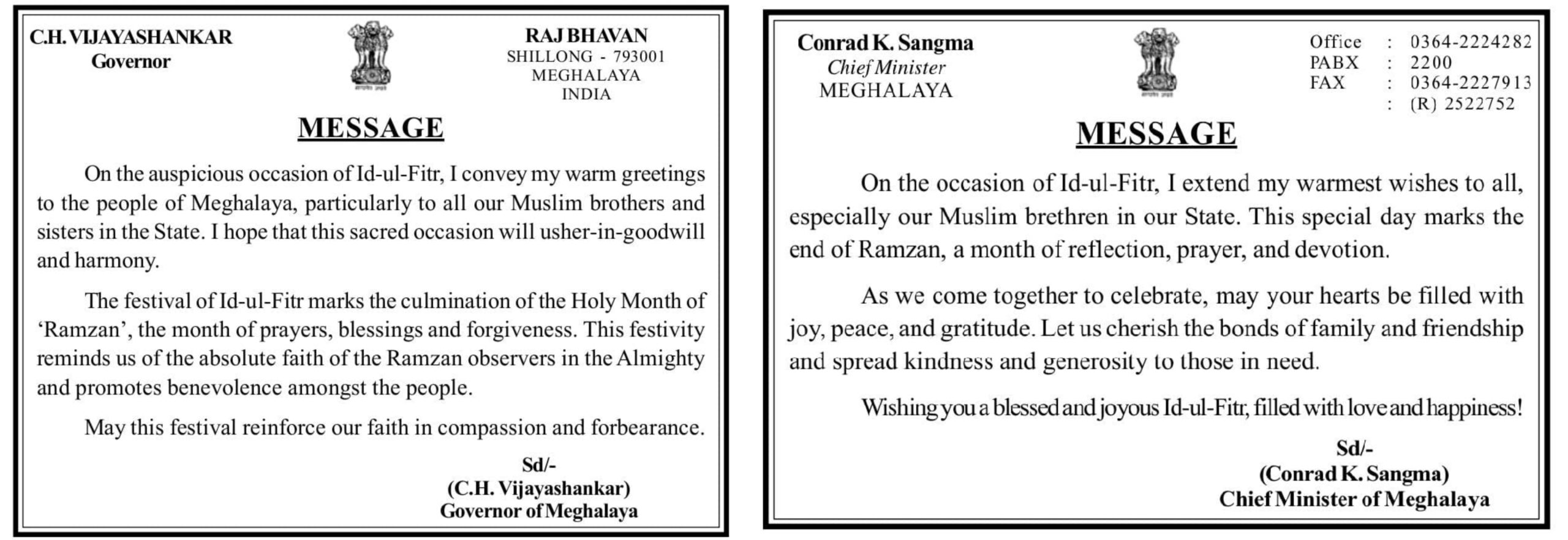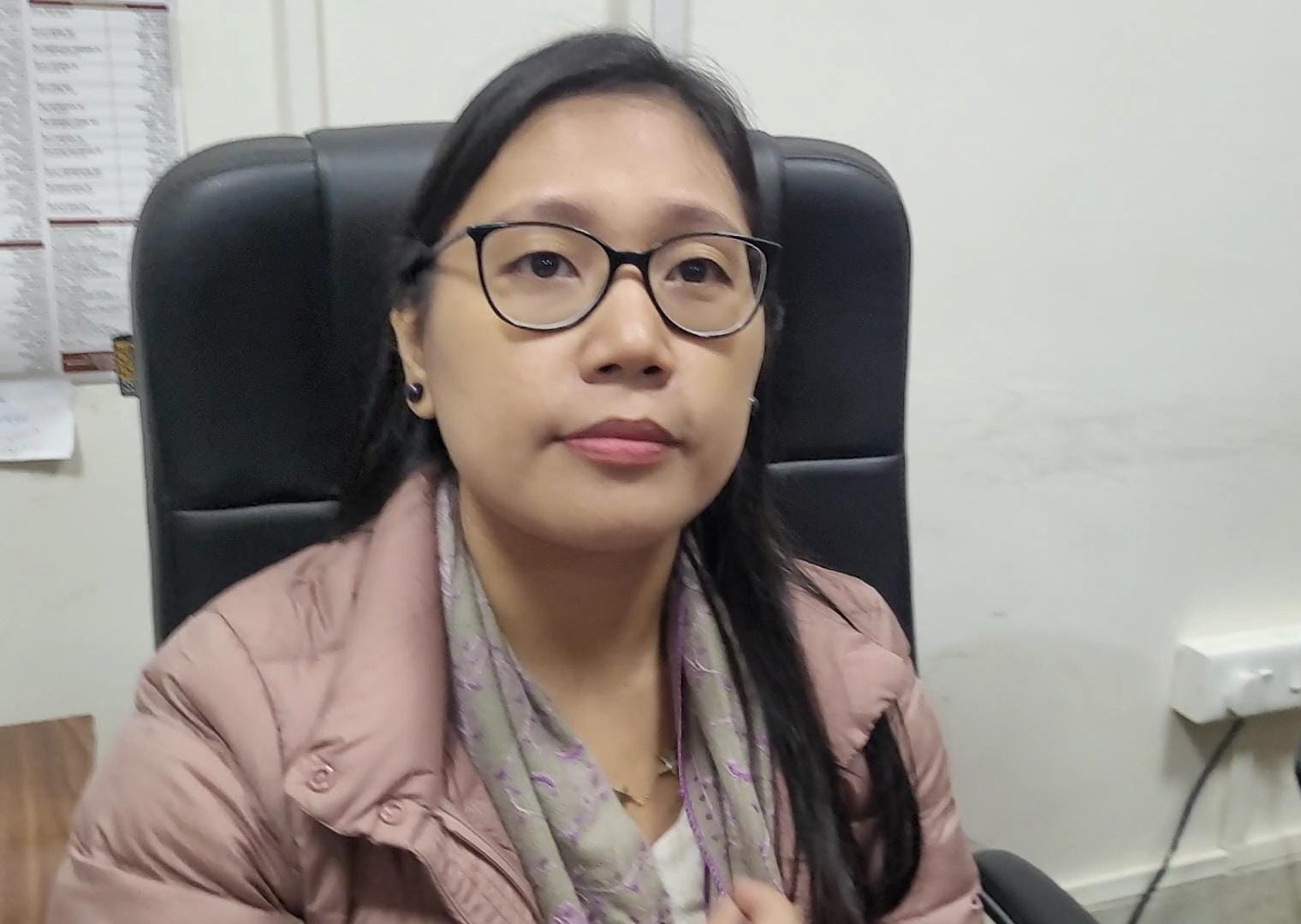Agatha K Sangma, former Tura MP, took charge on Tuesday as the Chairperson of the State Commission for Protection of Child Rights (SCPCR). Addressing the media in Shillong, she responded to criticisms surrounding her appointment, stating, “I have no comments on that either because whatever you do, there will always be criticism. Honestly, I’m here to show my work, and hopefully, over time, my work and dedication will speak for itself.”
She expressed her enthusiasm for the role, emphasizing her personal commitment to child welfare: “I’m extremely excited to be in this position where I can work for children, as they are my favorite people in the world. I’m looking forward to working together because, when it comes to child security and safety, collaboration is key.”
Reflecting on her recent start, Sangma shared that health issues had delayed her formal assumption of the role. “Appointments were made a few months ago, but I was unwell. I officially joined today and am excited because I see there is so much to be done. This morning, I met with the former chairperson and the team, and the work already done is commendable. I hope to add value to the commission,” she stated.
Sangma noted the growing awareness of child protection issues in Meghalaya, including cases of child abuse. “In the past, these matters were rarely discussed, but now, more cases are being reported, and families and victims are more aware of available resources for justice. We hope to assist in that process, working alongside the community, families, schools, and teachers to create a safer environment for our children,” she explained.
On the issue of POCSO (Protection of Children from Sexual Offenses) cases, Sangma acknowledged the challenges across the country in expediting justice for child abuse cases. “It’s not just Meghalaya; the entire country faces delays in POCSO cases, despite fast-track courts. Death penalties and complex sentencing processes mean cases can take a long time. We must coordinate closely with the ministry, and I look forward to discussing these challenges to make tangible progress,” Sangma concluded.


